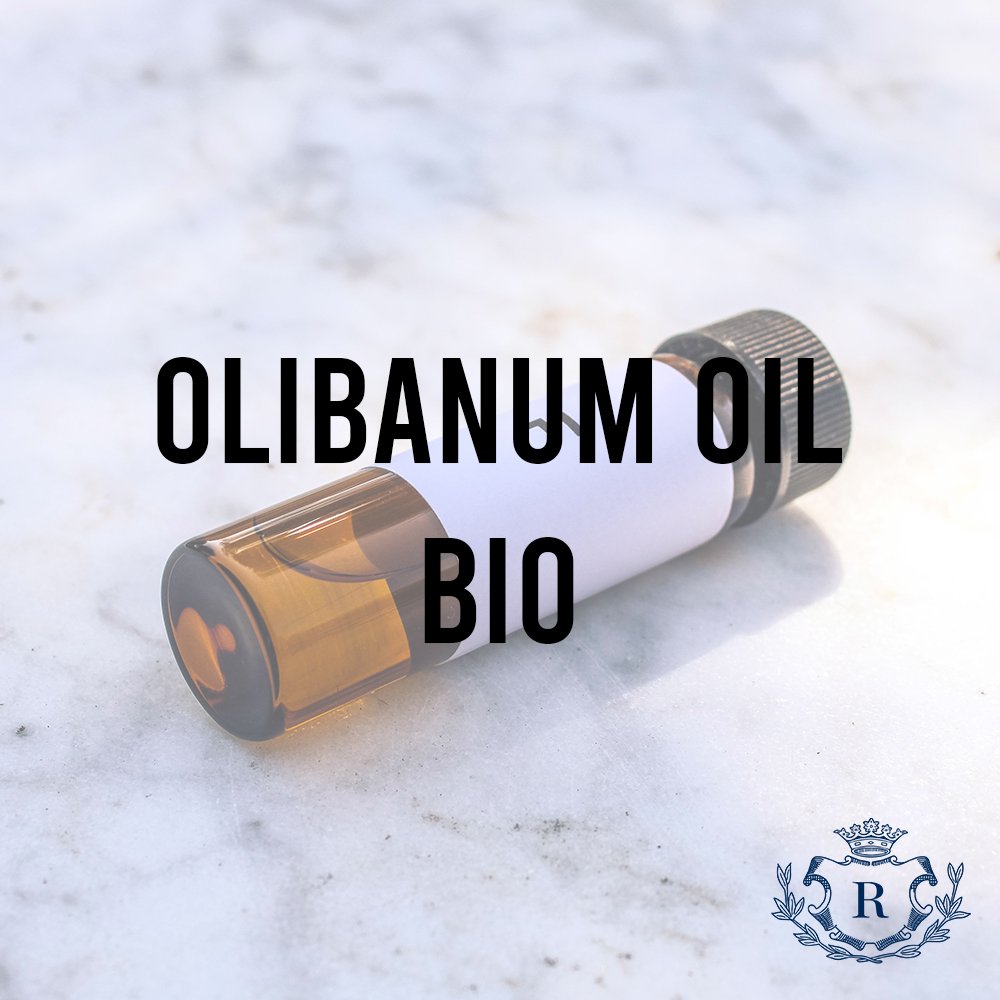Natural Ingredient Overview
🏭 Supplier: Firmenich
🔎 Botanical Name: Canarium luzonicum
📂 CAS N°: 9000-75-3
⚖️ MW: Mixture – not applicable
📝 Odor Type: Balsamic
📈 Odor Strength: Medium
👃🏼 Odor Profile: Fresh, terpenic, spicy-peppery with a lemon nuance and a woody-balsamic drydown
⚗️ Uses: Fixative for cologne, citrus, spice, and aromatic fougère compositions
👁 Appearance: Pale yellow semi-solid (resinoid)
What is Elemi Resinoid?
Elemi is a natural oleoresin obtained from Canarium luzonicum, a tropical tree endemic to the Philippines. The resin is a pathological exudate collected from incisions made in the bark. Once collected, the raw resin—often referred to as “crude elemi”—contains embedded plant debris and must be processed to yield perfumery-grade material. Elemi is among the most cost-efficient natural fixatives, providing olfactory lift and long-lasting support across various fragrance families.
Its olfactory profile is shaped by its high essential oil content, primarily consisting of monoterpenes, sesquiterpenes, and resin acids, along with trace oxygenated compounds contributing to its characteristic lemon-peppery tone.
Olfactory Profile & Perfumery Applications
Primary Scent Qualities:
Fresh and resinous with spicy-peppery nuances
Terpenic with lemon-like brightness (non-citric)
Woody and softly balsamic in the drydown
Application Strategy:
Fixative: Helps anchor volatile top notes, extending freshness in citrus and spice accords
Freshness Agent: Enhances aromatic colognes, lavender waters, fougères, and verbena compositions
Bridge Ingredient: Provides smooth transitions between citrus-aromatic and woody-balsamic structures
Blending Examples:
With Bergamot or Lemon Oil: Enhances radiance and improves longevity
In Eau de Cologne & Verbena bases: Adds tenacity without masking freshness
With Lavender or Clary Sage: Complements herbal tones while supporting structure
With Spices (e.g., Nutmeg, Pepper): Balances brightness with warmth
Formats:
Elemi Resinoid (acetone extract)
Elemi Resin Absolute (ethanol extract, richer in oxygenated components)
Elemi tincture (ethanol solution, sometimes used directly)
Industrial & Technical Uses
Functional perfumery: soaps, room sprays, incense, and air fresheners
Aromatic tinctures: used in high-grade cologne manufacturing
Flavoring (trace levels): minor historical use in cough syrups and lozenges
Pharmaceutical applications: formerly valued for expectorant and antiseptic qualities
Residue valorization: pot residues from steam distillation used for perfumery fixatives
Regulatory & Safety Overview
IFRA Restrictions: No quantitative limits (verify latest Amendment for formulation type)
EU Allergen Declaration: May contain minor quantities of:
Limonene
Linalool
Eugenol (if oxidized or aged)
FEMA Status: Not a GRAS flavor material
ECHA / REACH: Not classified as hazardous in its processed form
Handling Notes: Crude or aged samples may oxidize and require filtration or vacuum treatment prior to use
Additional Information
Elemi’s production remains centered in the Philippines, where it is harvested seasonally and graded for purity. Solvent extraction is the preferred method for obtaining Elemi Resinoid, with acetone yielding high-extractable mass and ethanol preferred by artisan perfumers for obtaining a selective absolute. Ethanol-based extraction favors the oxygenated fraction, often yielding a more “noble” heart note.
“One could call this product Elemi Resin Absolute. It is a very interesting fixative for artificial bergamot, lemon, lime, etc.”
— S. Arctander, Perfume and Flavor Chemicals, 1969
Resinoid output quality varies with the chosen solvent. Solvent choice also determines whether the material is best suited for citrus extension, cologne reinforcement, or fixative use in resinous or woody compositions.
Conclusion
Elemi Resinoid stands as a cost-effective, multi-role balsamic ingredient. Its freshness, clarity, and diffusion make it a valuable material for perfumers aiming to extend the top notes of citrus and spice compositions or build herbal and fougère bases with natural fixative strength. With its long-standing role in traditional perfumery and renewed interest in bio-sourced materials, Elemi continues to offer versatility across fragrance categories.
Sources
Perfume and Flavor Chemicals – S. Arctander (1969)
Scentspiracy Archive – Fulvio Ciccolo, 2022
IFRA Standards Documentation
ECHA Substance Info – Elemi Oil and Extract











